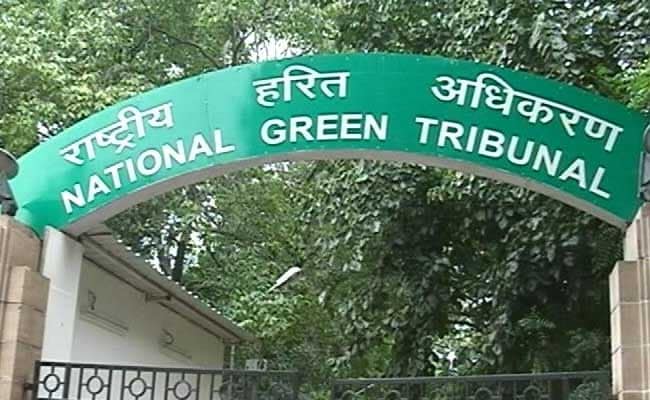
NGT said it was surprised that many holding key positions did not even have science background.
New Delhi:
What do an accountant, former assembly speaker, a grassroots politician and former students of political science have in common? Not much. But they all call the shots and set pollution norms at state pollution control boards across India.
The National Green Tribunal is not impressed. Hearing a petition by an activist on Wednesday, the Green Court said it was "extremely surprising that many holding key positions of chairperson or member secretary in state pollution control boards did not even have science background or knowledge of subjects relating to environmental science".
Take for example the chairman of the State Pollution Control Board of Sikkim, Ms Kalawari Subba. Under the column of experience and qualification, she has listed that she was the former speaker of the assembly and a minister of animal husbandry.
Setting the pollution norms for India's most populous state is Syed Javed Abbas, the SPCB chief, who lists his qualification as being a "grassroots politician".
Ms Aparna Arora, an IAS officer, heads the pollution control board in Rajasthan. Her specialisation is MA in political science.
S Manpreet Singh Chhatwal, another IAS officer who is in charge of Punjab's pollution norms, has listed his qualification as an associate member of chartered accountants' body and BCom graduate.
The NGT has ordered a clean-up. Citing the fact that state pollution control boards play a very important role in setting pollution norms and standards, the green court said on Wednesday that barring a few exceptions, the appointments do not match the requirement for the posts. This is also why, it said, there is degradation of the environment and scanty control over pollution.
The tribunal has given the states 3 months to re-examine the candidates and make the necessary changes. It has asked the states to also advertise for these posts to get the best candidates and "not by the virtue of their designation like MLA, speaker or senior government bureaucrat."
The NGT also wants the terms of these members to be fixed so that they cannot be removed unless there are serious allegations or cases of corruption.
The National Green Tribunal is not impressed. Hearing a petition by an activist on Wednesday, the Green Court said it was "extremely surprising that many holding key positions of chairperson or member secretary in state pollution control boards did not even have science background or knowledge of subjects relating to environmental science".
Take for example the chairman of the State Pollution Control Board of Sikkim, Ms Kalawari Subba. Under the column of experience and qualification, she has listed that she was the former speaker of the assembly and a minister of animal husbandry.
Setting the pollution norms for India's most populous state is Syed Javed Abbas, the SPCB chief, who lists his qualification as being a "grassroots politician".
Ms Aparna Arora, an IAS officer, heads the pollution control board in Rajasthan. Her specialisation is MA in political science.
S Manpreet Singh Chhatwal, another IAS officer who is in charge of Punjab's pollution norms, has listed his qualification as an associate member of chartered accountants' body and BCom graduate.
The NGT has ordered a clean-up. Citing the fact that state pollution control boards play a very important role in setting pollution norms and standards, the green court said on Wednesday that barring a few exceptions, the appointments do not match the requirement for the posts. This is also why, it said, there is degradation of the environment and scanty control over pollution.
The tribunal has given the states 3 months to re-examine the candidates and make the necessary changes. It has asked the states to also advertise for these posts to get the best candidates and "not by the virtue of their designation like MLA, speaker or senior government bureaucrat."
The NGT also wants the terms of these members to be fixed so that they cannot be removed unless there are serious allegations or cases of corruption.
Track Latest News Live on NDTV.com and get news updates from India and around the world

